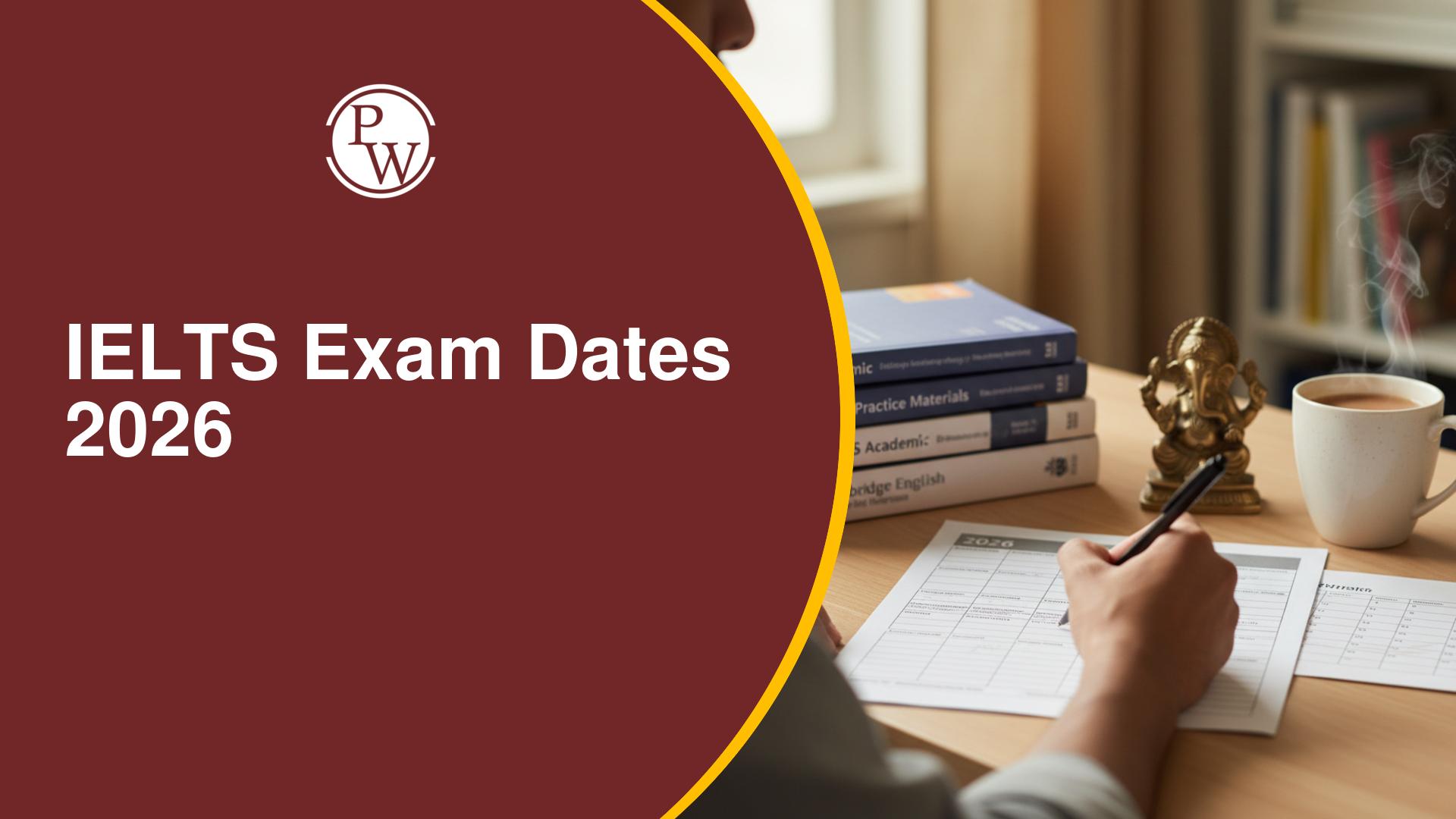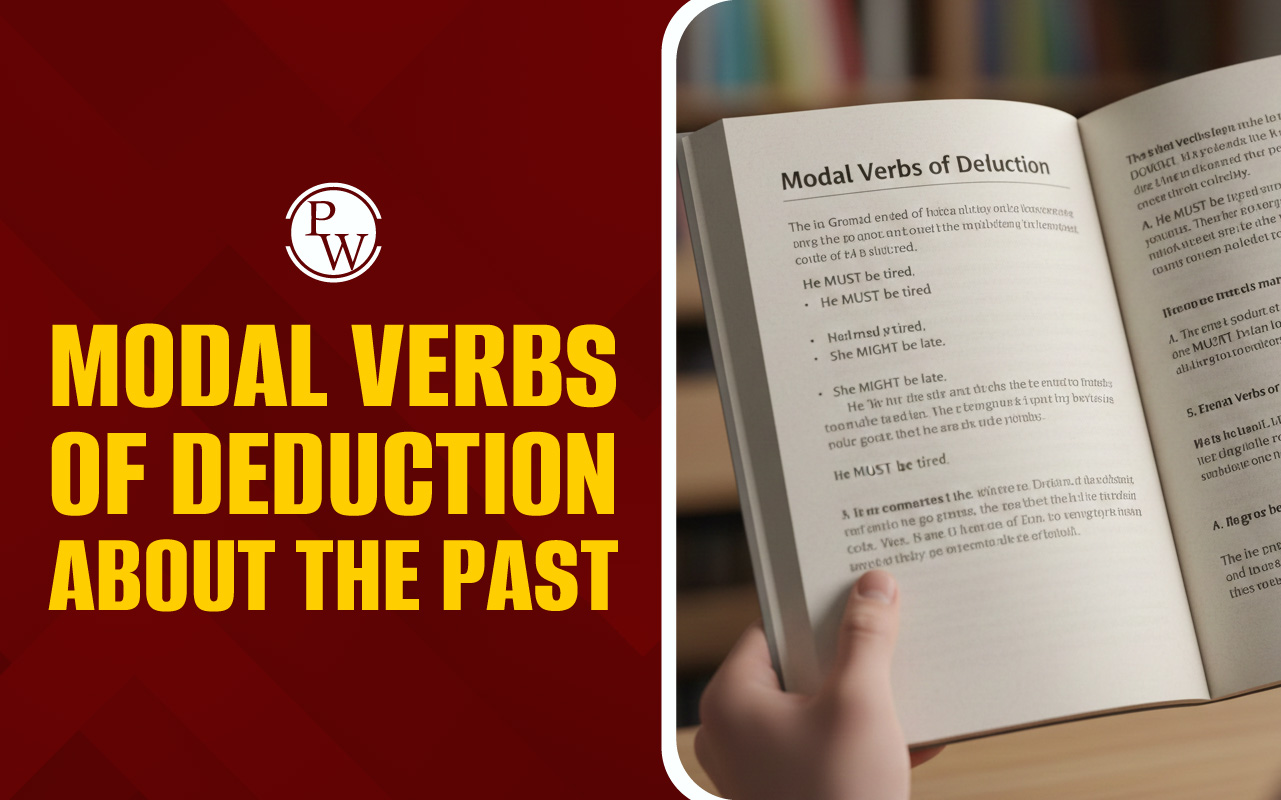
Attitudes To Language Reading Answers: Achieving a high band score in the IELTS reading section can be challenging for non-native English speakers. Here, we tried to provide sample questions and their standard answer pattern for “Attitudes To Language Reading Answers”. This sample passage is among the most asked passages for the IELTS Reading test. The “Attitudes To Language Reading Answers” includes a total of 13 questions in two categories: Complete the sentences and YES, NO, or NOT GIVEN questions. Additionally, some sample answers are provided to help students in drafting their answers. Read the complete article to practice “Attitudes To Language Reading Answers” to achieve a high IELTS Reading band score.
Free IELTS Reading Practice Tests, Cambridge Sample Test PDF
Attitudes To Language Reading Answers Passage
Attitudes To Language
Paragraph A: It is not easy to be systematic and objective about language study. Popular linguistic debate regularly deteriorates into invective and polemic. Language belongs to everyone, so most people feel they have a right to hold an opinion about it. And when opinions differ, emotions can run high. Arguments can start as easily over minor points of usage as over major policies of linguistic education.Attitudes To Language Reading Answers Sample Questions
Attitudes To Language Reading Answers Complete the sentences below (Questions 1-6):
Choose NO MORE THAN TWO WORDS from the passage for each answer.1. People often feel justified in having ______ about language because it belongs to everyone.
Attitudes To Language Reading Answers Do the following statements agree with the claims of the writer (Questions 7-13):
Write YES, NO, or NOT GIVEN.7. People frequently argue over minor language issues.
| IELTS Exam Important Links | |
|---|---|
| IELTS Reading Band Score | IELTS Listening Band Score |
| IELTS Speaking Band Score | IELTS Writing Band Score |
Attitudes To Language Reading Answers
1. opinions
Explanation: The passage states, "Language belongs to everyone, so most people feel they have a right to hold an opinion about it."
2. social status
Explanation: The text mentions, "Linguistic factors influence how we judge personality, intelligence, social status, educational standards, job aptitude."
3. higher value
Explanation: The passage defines prescriptivism as "one variety of language has an inherently higher value than others."
4. codify
Explanation: The goals of early grammarians were to, "codify the principles of their languages, to show that there was a system beneath the apparent chaos of usage."
5. rules
Explanation: The passage highlights, "The authoritarian nature of the approach is best characterised by its reliance on 'rules' of grammar."
6. custom of speaking
Explanation: Joseph Priestley’s view is summarized by, "the custom of speaking is the original and only just standard of any language."
7. YES
Explanation: The text states, "Arguments can start as easily over minor points of usage as over major policies of linguistic education."
8. NO
Explanation: The passage contradicts this by saying, "Linguistic factors influence job aptitude."
9. YES
Explanation: The passage mentions, "All the main languages have been studied prescriptively, especially in the 18th century."
10. NO
Explanation: Early grammarians, "pronounce judgement... there were no half-measures: usage was either right or wrong."
11. YES
Explanation: The passage says descriptivists focus on "recording the facts of linguistic diversity."
12. YES
Explanation: The text notes, "The opposition has even been presented in quasi-political terms—radical liberalism vs. elitist conservatism."
13. NOT GIVEN
Explanation: The writer presents both sides but does not clearly express personal support for either approach.- Should You Use All Capital Letters in the IELTS Listening and Reading Tests
- IELTS Reading Mistakes
- How to Improve IELTS Reading Score
- How to Manage Time in IELTS Reading
Guidance of PW IELTS
Physics Wallah offers a few popular online IELTS courses for all students. Follow the latest IELTS articles to better prepare for the exam.| What is IELTS Exam? | Documents Required for IELTS Registration |
| IELTS exam eligibility requirements | IELTS Exam Fees |
| IELTS test results | IELTS Exam Pattern |
Attitudes To Language Reading Answers FAQs
Q. What is prescriptivism in language?
Q. How does language influence social judgment?
Q. What was Joseph Priestley’s view on language standards?
Q. Why do prescriptivists prefer rules in language?







